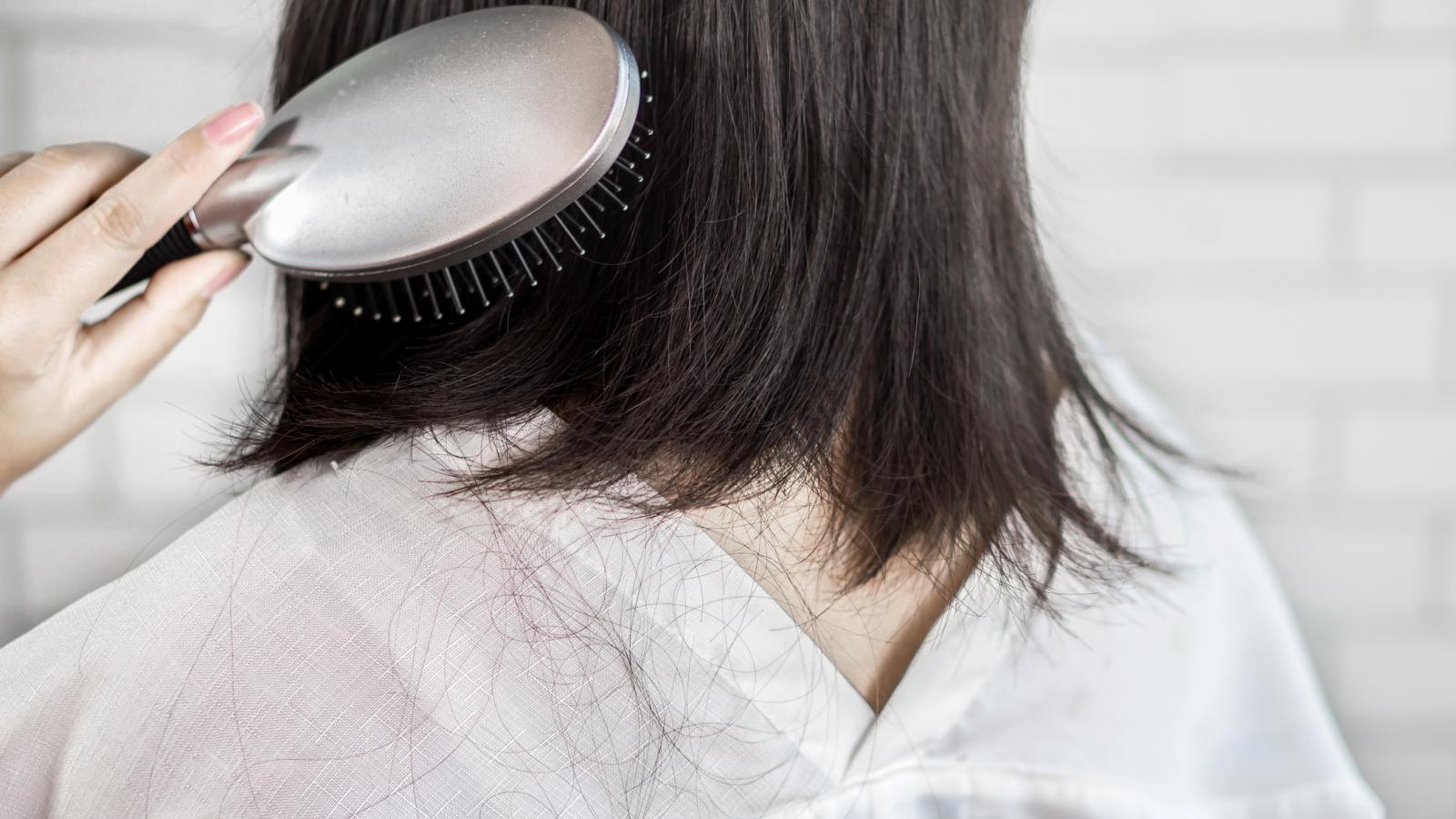Hair loss (alopecia)

Not everyone loses their hair when they have cancer treatment, but if it happens it can be very upsetting. Your hair will grow back after your treatment has ended, but in the meantime there are ways that can make hair loss easier to deal with.
What causes hair loss?
Some cancer treatments can damage the hair follicles, causing hair to fall out and preventing new hairs from growing.
Chemotherapy and other cancer drugs
Some - but not all – cancer drugs can affect your hair. How much hair falls out depends on which drug is being used, the dose and your reaction to the drug. The effects can include:
- Total hair loss – including facial hair like your eyebrows, eyelashes, underarm hair and pubic hair.
- Some hair loss - from a little thinning to quite a lot
- Little or no hair loss
- Damage to your hair - making it dry and brittle
Your doctor and nurse will tell you before treatment if the drugs you’re taking are likely to cause hair loss. It can help to have your hair cut short before treatment or soon after it begins.
When does hair loss happen?
If you do lose your hair, it usually happens about 1–3 weeks after starting chemotherapy.
Before your hair starts to fall out, you may get tingling or your scalp may feel very sensitive. This is normal and may last a day or so.
When hair loss happens, it is usually gradual. It can fall out in clumps when shampooing or brushing. Sometimes you may find clumps of hair on your pillow or on your hairbrush. You might prefer to have your hair cut very short or to shave off your hair entirely. Most hairpiece suppliers provide this service.
Can hair loss be prevented?
In general you cannot prevent hair loss entirely if it is a side-effect of your particular treatment. But for some patients having certain types of chemotherapy, it may be possible to reduce or delay hair loss by using a ‘cold cap’ (also known as scalp cooling). A cold cap is a hat you wear during chemotherapy to reduce blood flow to your scalp so less of the drug reaches your scalp. The cold cap does not always prevent hair loss and it only blocks the action of certain drugs. Your doctor or nurse can tell you whether a cold cap is available in your hospital and if it might work for you.
Will the hair grow back?
Your hair will start to grow again once treatment stops. It may take a few months. When it regrows, it may not feel the same as before. It might have changed colour, texture or style. It might be darker or lighter in colour, thinner or become straight or curly.
At first, fine downy hair appears on your scalp and then stronger hair develops. It grows at about one centimetre each month. After about 5 or 6 months, you should have a full covering of hair on your head.
Radiotherapy and hair loss
Radiotherapy can cause hair loss in the area of the body being treated. You will only lose head hair if you are having radiotherapy to the head.
Depending on the dose of radiation to your head, your hair may change in colour and texture when it grows back.
Will the hair grow back?
Most hair loss is temporary and will start to grow back within 2-3 months of finishing treatment. Occasionally hair loss can be permanent, depending on the dose of radiation.
Hair care during treatment
Your scalp may feel very sensitive to washing, combing or brushing during the short time when your hair is actually falling out.
Here are some tips to help:
- Brush or comb your hair gently – use a soft brush or baby brush.
- Use gentle hair products.
- Use a gentle, unperfumed moisturiser on your scalp if it becomes dry or itchy. Natural oils such as almond oil or olive oil are suitable.
- Avoid using a hair straightener, curling tongs or heated rollers.
- Pat your hair gently after washing it. If using a hairdryer, keep it on a low to moderate heat only.
- Do not perm or straighten your hair during chemotherapy.
- It is best not to colour your hair during treatment. Ask your hairdresser for more advice.

Coping with hair loss
It’s natural to feel upset at the thought of losing your hair. It can change the way you feel about yourself as it can be a visible sign that you have cancer. Don’t be afraid to talk to your nurse or medical social worker about your feelings. They will help you find ways to cope with your hair loss. You can also call our nurses on the Support Line on 1800 200 700 or drop into a Daffodil Centre if you have questions about hair loss or if you just want to talk. Also, talk to your family and friends as they can give you support too. If you have children, it is best that you prepare your children for your hair loss before it happens. Your medical social worker can give you advice on what to say.
Read some advice on coping with hair loss, including information on false lashes and brows.
For more information
Phone
1800 200 700



